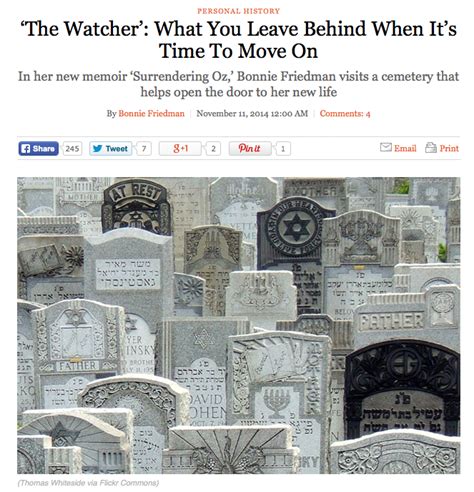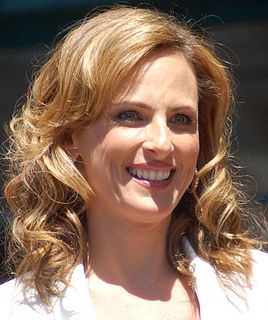A Quote by Jhumpa Lahiri
The first sentence of a book is a handshake, perhaps an embrace.
Related Quotes
The first sentence of the truth is always the hardest. Each of us had a first sentence, and most of us found the strength to say it out loud to someone who deserved to hear it. What we hoped, and what we found, was that the second sentence of the truth is always easier than the first, and the third sentence is even easier than that. Suddenly you are speaking the truth in paragraphs, in pages. The fear, the nervousness, is still there, but it is joined by a new confidence. All along, you've used the first sentence as a lock. But now you find that it's the key.
I think '300 Arguments' is a real tiny wallop of a book. It looks very slim, and at first, each little two-sentence or one-sentence thing kind of stands on its own, but again, as you read it, you get sucked into the momentum of it, and the whole of it is much larger than the sum of its parts in a really beautiful way.
When I started graduate school we did this publishing class where we learned about submitting and read interviews with editors from different magazines. A lot of them said they got so many submissions that unless the first page stuck out or the first paragraph or even the first sentence they'll probably send it back. So part of my idea was that if I have a really good first sentence maybe they'll read on a bit further. At least half, maybe more of the stories in Knockemstiff started with the first sentence; I got it down then went from there.


































